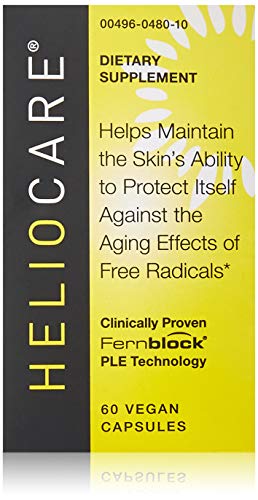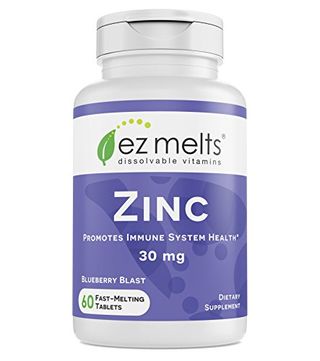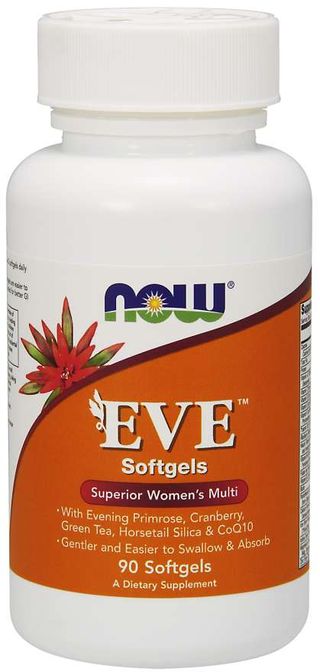Urdu Poetry on Old Age
For one reason or another, many women (and even some men) wish they could turn back the clock and take better care of her skin. According to an international industry research report, that desire has turned into dollars: the anti-aging market was worth $215 billion in 2016, and it's predicted to become a $331 billion empire by 2021. Not only are there creams, masks, and serums taking over store shelves, but a variety of anti-aging supplements also consistently claim to reverse the visible signs of aging.
It's tricky territory though. After all, you can't tell right away if these products are actually working. And Sandy Skotnicki, M.D., author of Beyond Soap, says that the science behind beauty vitamins is "soft," meaning it lacks a lot of concrete evidence. But she does note that more supple skin can be achieved by consuming a combination of antioxidants (such as vitamins A and E), as well as beta carotene, lycopene, and omega-3 fatty acids. You can get these by eating whole foods — a sentiment the Skin Cancer Foundation agrees with wholeheartedly.
Although Whitney Bowe, M.D., author of The Beauty of Dirty Skin, also agrees — noting that our stress levels, sleep, and dietary choices all impact the health and appearance of skin — she says that supplements can also play an important role in aging well, especially if you're not getting enough nutrients through your diet. If that's the case, experts recommend talking to your doctor about potentially adding these anti-aging products to your shopping cart.
This content is imported from {embed-name}. You may be able to find the same content in another format, or you may be able to find more information, at their web site.
1. Heliocare

Heliocare Skin Care Dietary Supplement
The number one rule for younger-looking skin: protect your largest organ from the sun, since ultraviolet (UV) light breaks down the extracellular matrix in between your cells and speeds up aging, says Nava Greenfield, M.D., a dermatologist at Schweiger Dermatology Group in New York City. That's why she recommends an anti-aging supplement that contains an extract from a Central American fern known as Polypodium leucotomos — it's been shown to increase the amount of time it takes for the skin to burn from the sun's harmful rays, reports the American Academy of Dermatology (AAD).
"My melasma patients [a common skin condition that is characterized by gray-brown spots] swear by Heliocare," Dr. Bowe adds. "Once they start using it, they finally see their skin start to brighten and their tone [evens] out."
However, Dr. Bowe emphasizes that no pill can replace sunscreen. Plus, the reported level of protection is not nearly high enough to meet the AAD's recommendation to use an SPF of 30 or higher, so yes, you still need to slather on coverage.
Suggested serving: Other than wearing sunscreen every single day, both doctors recommend taking one pill each morning and an extra pill on days when you'll be spending a lot of time outdoors. Whenever you're shopping for supplements though, remember to do your research. "These are not heavily regulated by the FDA, so you want to use reputable brands [as] quality and ingredients do vary," Dr. Bowe says.
2. Zinc

EZ Melts Zinc for Immune Support
This essential trace mineral is most known for boosting immune system function and aiding in wound healing, but both Dr. Skotnicki and Dr. Greenfield say it may also protect the skin from UV damage. Research published in the Journal of Nutrition found that a zinc deficiency in rats led to impairments in DNA repair caused by free radicals, which can speed the aging process.
Of course, these findings don't necessarily translate from rats to humans, but it does encourage further study. Especially since a review published in Pathobiology of Aging & Age-Related Diseases concluded that, while the current evidence on zinc's efficacy is limited, what is available looks promising.
Suggested serving: The National Institutes of Health (NIH) states that adults should not exceed more than 40 mg of zinc per day.
3. Coenzyme Q10

Doctor's Best High Absorption CoQ10 with BioPerine
Also referred to as CoQ10, this antioxidant compound — which the body naturally produces to help convert food into energy — has some science that suggests it may help reduce wrinkles and improve the texture of the skin, Dr. Skotnicki says. For example, a 2018 medical review published in the journal Frontiers in Physiology found CoQ10 supplements may alleviate age-related issues, including an increase in oxidative stress (damage in the tissues and cells caused by the environment) brought on by a CoQ10 deficiency. A small study published in BioJournals also had 33 adults take a daily supplement for 12 weeks (either 50mg or 150mg), resulting in "significantly reduced wrinkles" and an improvement in skin smoothness.
S uggested serving: There isn't currently an established recommended dietary allowance (RDA), and not everyone is deficient in CoQ10 so you may not even need to take a supplement. (Remember, the body naturally produces the antioxidant, though that process does slow down as you age). Also, while the Mayo Clinic has labeled this supplement as "generally safe," there can be potentially harmful side effects, including blood clots, so be sure to talk to your doctor to make sure it's right for you.
4. Collagen Peptides
There are two amino acids in the protein collagen — proline and glycine — that are essential for the formation and repair of joints, bones, muscles, and tendons, Dr. Bowe says.

Premium Collagen Peptides Powder
But they also help skin retain its firm appearance. A study published in Skin Pharmacology and Physiology evaluated the effects of collagen peptides on the skin of nearly 70 women, and found that those who consumed between 2.5 and 5 grams of collagen for either four or eight weeks showed a significant improvement in skin elasticity compared to those who took a placebo.
Suggested serving: While the body has the ability to process up to 30 grams of protein every few hours, Dr. Bowe suggests tossing one tablespoon of a collagen powder into a smoothie, coffee, or soup.
5. Vitamin C

Nature's Way Vitamin C with Rose Hips
Everyone touts vitamin C for its abilities to ward off colds and flu, but this potent antioxidant may also improve skin's texture and appearance. Sometimes referred to as ascorbic acid, Dr. Bowe says it stimulates collagen production that can, in turn, help reduce fine lines that may have been brought on by environmental stressors, like sun and heat exposure or pollution.
While it's well known that topical treatments can have a skin brightening effect, scientists are now digging into the efficacy of supplements. Small preliminary studies suggest that high doses may treat skin discoloration when delivered intravenously, and researchers found an association between consuming more vitamin C (along with more omega-6 fatty acids and less saturated fat) and fewer wrinkles and crepey skin.
Suggested serving: The NIH says that the RDA varies by age, but adult women are advised to consume at least 75mg of vitamin C each day, with the tolerable upper intake topping out at 2,000mg. Dr. Bowe recommends patients take a daily supplement of 1,000mg.
6. A Multivitamin

Women's Multiple Vitamin Softgels
Though multivitamins aren't specifically intended for anti-aging, Dr. Wendy Bazilian, DrPH, RDN, and author of Eat Clean, Stay Lean, says there can be potential anti-aging benefits of taking a multivitamin. "A multivitamin might support healthy aging by ensuring nutrients needs are met in general," Dr. Bazilian tells Woman's Day. Of course, she stresses this is alongside other health habits such as diet, exercise, sleep, and stress management.
What to look out for when buying supplements
If you're lost in a sea of multivitamins unsure of which one to choose, Dr. Bazilian has some suggestions to help you make a safe choice.
- Labels are key: Look for "GMP" and "USP" on the label, which indicate the vitamin adheres to the Good Manufacturing Practices and U.S. Pharmacopeia standards for quality and purity among other things.
- Double check with your pharmacist: Some supplements can have adverse interactions with certain medications. If you're taking any medications be sure to check with your pharmacist or doctor before beginning any new supplements.
- Be weary of energy claims: A lot of supplements make claims about providing extra energy. Often these supplements contain caffeine, guarana, green tea or other stimulants. Dr. Bazilian warns that in addition to caffeine-related buzziness and jitters, these stimulants can occasionally cause elevated blood pressure or other issues.
- Avoid too many herbs: Though herbal medicine has a lot of positive effects, Dr. Bazilian says "herbal medicine isn't one size fits all," and that there are risks associated with some. She suggests consulting someone licensed in herbal medicine in addition to your doctor before you try herb-dense supplements.
Additionally, she recommends talking to your doctor before you try any new supplements.
Want more Woman's Day? Subscribe to Woman's Day today and get 73% off your first 12 issues. And while you're at it, sign up for our FREE newsletter for even more of the Woman's Day content you want.
Amy Capetta Amy Capetta has been writing health and lifestyle articles for over 15 years.
Kelsey Hurwitz Assistant Digital Editor Kelsey Hurwitz is the assistant editor of WomansDay.com, and covers entertainment, holidays, pets, and good news.
This content is created and maintained by a third party, and imported onto this page to help users provide their email addresses. You may be able to find more information about this and similar content at piano.io
Source: https://www.womansday.com/health-fitness/wellness/a23829699/best-anti-aging-supplements/